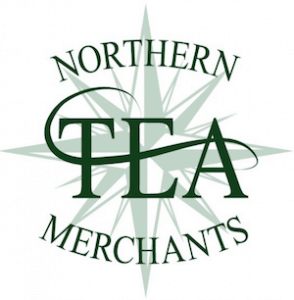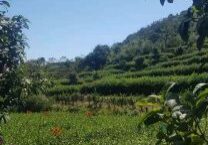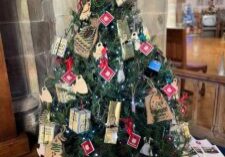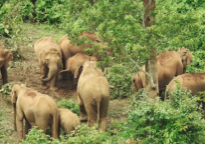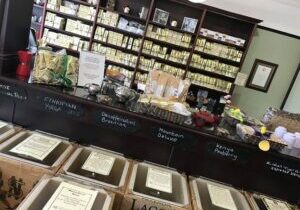Coffee is the 2nd most valuable export from developing countries and records describing its consumption date back as far as the 15th century. Today it is a truly international product that is produced in massive volumes by literally millions of smallholders. Many of these smallholders produce less than 500 kilos of what is called ‘parchment’ (‘farm gate coffee’). This parchment needs to be cleaned, graded, and sorted before it is ready to be packed in its familiar sack and this grading and cleaning can reduce the original weight of 500 kilos by as much as a third. Therefore individual producers of coffee tend to work together in the form of a co-operative, where resources are shared and the collective group has a much louder ‘voice’ than any one individual. Certain areas within a coffee growing country will produce slightly different profile or flavour of coffee bean and there are likely to be several different sub-varietals of coffea arabica within these crops. Unless a grower specifically requests for their coffee to be milled separately the general practice for large amounts of ‘generic’ coffee is to mix everything together, giving consistency and homogeneity and also vast quantities.
Many of our customers, particularly those who are reselling coffee that we have sourced are requesting traceability on these types of coffees where the specific producers can be identified. With many generic coffees, this is almost impossible and on occasion it is even difficult to identify the individual cooperatives who have contributed. Amongst the paperwork that is usual issued is simply a proof of origin document which states all the coffee within a particularly batch has come from the country that grew it. We have been purchasing green coffee beans and roasting coffee since 1968 and so we have had 52 years experience and some excellent long standing relationships with many individuals, cooperatives and exporters. As a result our ‘little black book’ is extensive and so when we were set the ‘mission’ of finding traceable generic coffees, we took on the task with gusto.
My first port of call was our favourite importer (DR Wakefield) who were able to give the detail of who was the ‘right size’ and I received contacts, some of whom we were already in contact with whose origins included, Brazil, Ethiopia, Africa, Colombia and Sumatra – all of which produce vast amounts of generic coffee. Depending on which coffees my retail customers choose we will be offering some new coffees which we can trace directly to their specific producers and whilst these coffees will not be single-estate, we will know which small farms specifically contribute to the batches of coffee we purchase. We already have some fine examples of single estate coffees for example Daterra, Jamaican Blue Mountain, Costa Rica Las Palomas and Papua New Guinea Sigri, and these new traceable coffees will sit very well with and complement our existing high quality single estate offering.
Keep an eye out for these new offerings in the coming months.
